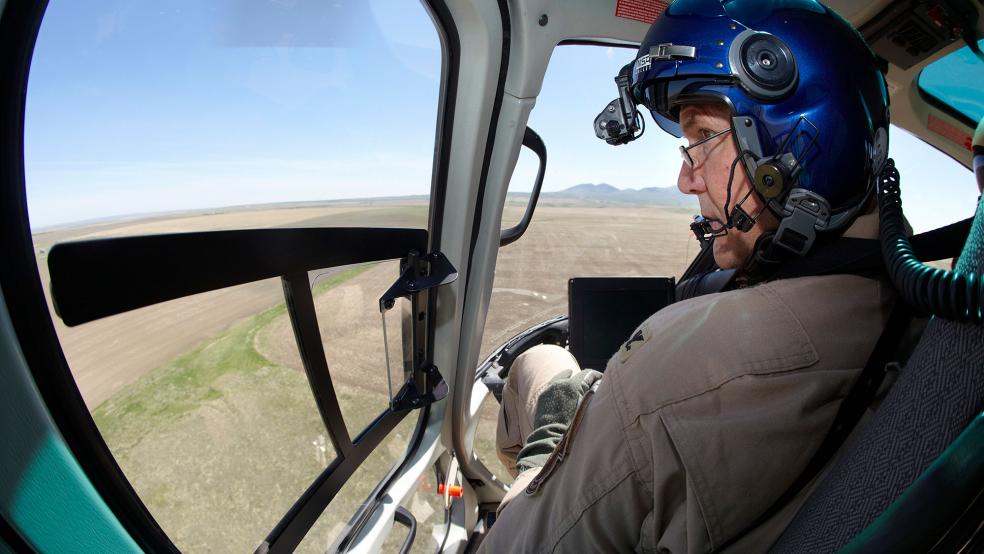It’s bad enough that federal contractors hired to perform routine maintenance work on Customs and Border Patrol (CBP) airplanes dodged their work hours and shirked important safety requirements. It’s even worse that they overcharged the federal government hundreds of millions of dollars for their “work” – and agency officials didn’t notice any of it.
Related: House GOP Ready to Play Chicken with Obama over DHS Funding
A new management advisory from the Department of Homeland Security’s Inspector General takes the CBP to task for failing to sufficiently oversee a nearly $1 billion contract with Defense Support Services for year-round maintenance work on the agency’s aircraft fleet.
The contract, originally worth $938 million, ballooned by $118 million to exceed $1 billion. Although CBP ended up paying more than they had agreed to pay – they got significantly less for it.
The original contract awarded in 2009, required contractors to maintain 265 airplanes and helicopters – routine work that included flying them a total of 100,000 hours a year. Between 2010 and 2013, however, the contractors reduced the number of planes they were working on by 13 percent and decreased the number of total flight hours by 35 percent.
“Since 2009, the number of CBP aircraft maintained, annual flight hours and the average age of CBP’s aircraft fleet decreased,” the auditors said in the report. Yet the maintenance contract costs still rose.
The auditors also found some potentially serious maintenance issues. Some planes had unsecured bolts; one plane suffered severe damage; and one helicopter’s rotor blades had been incorrectly attached.
The IG blamed the Border Patrol agency for failing to flag these issues and for not having sufficient procedures in place to review the contractor’s work. Such a lack of strategy opens the door to more problems, auditors said, including safety problems.
Earlier this month, the IG slammed the same agency’s drone program for being ineffective despite costing $360 million so far.
Top Reads from The Fiscal Times:



